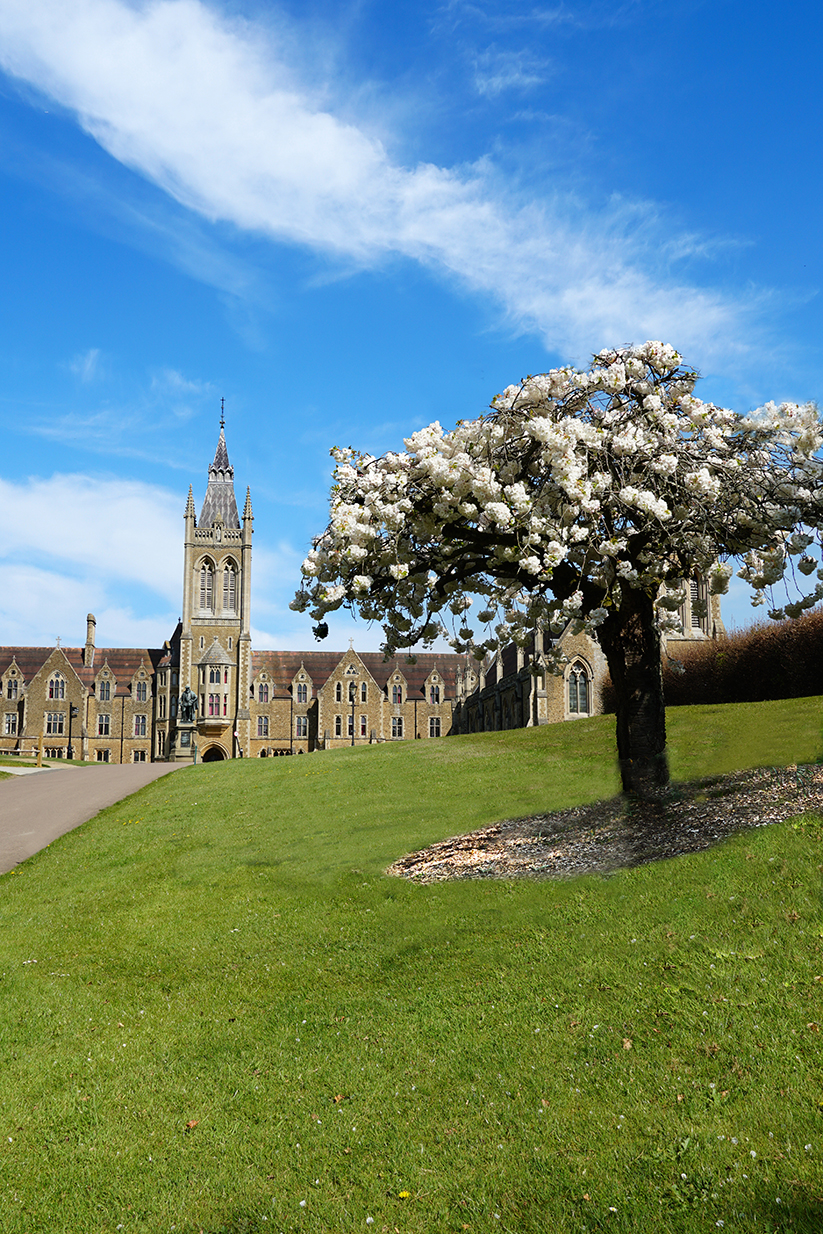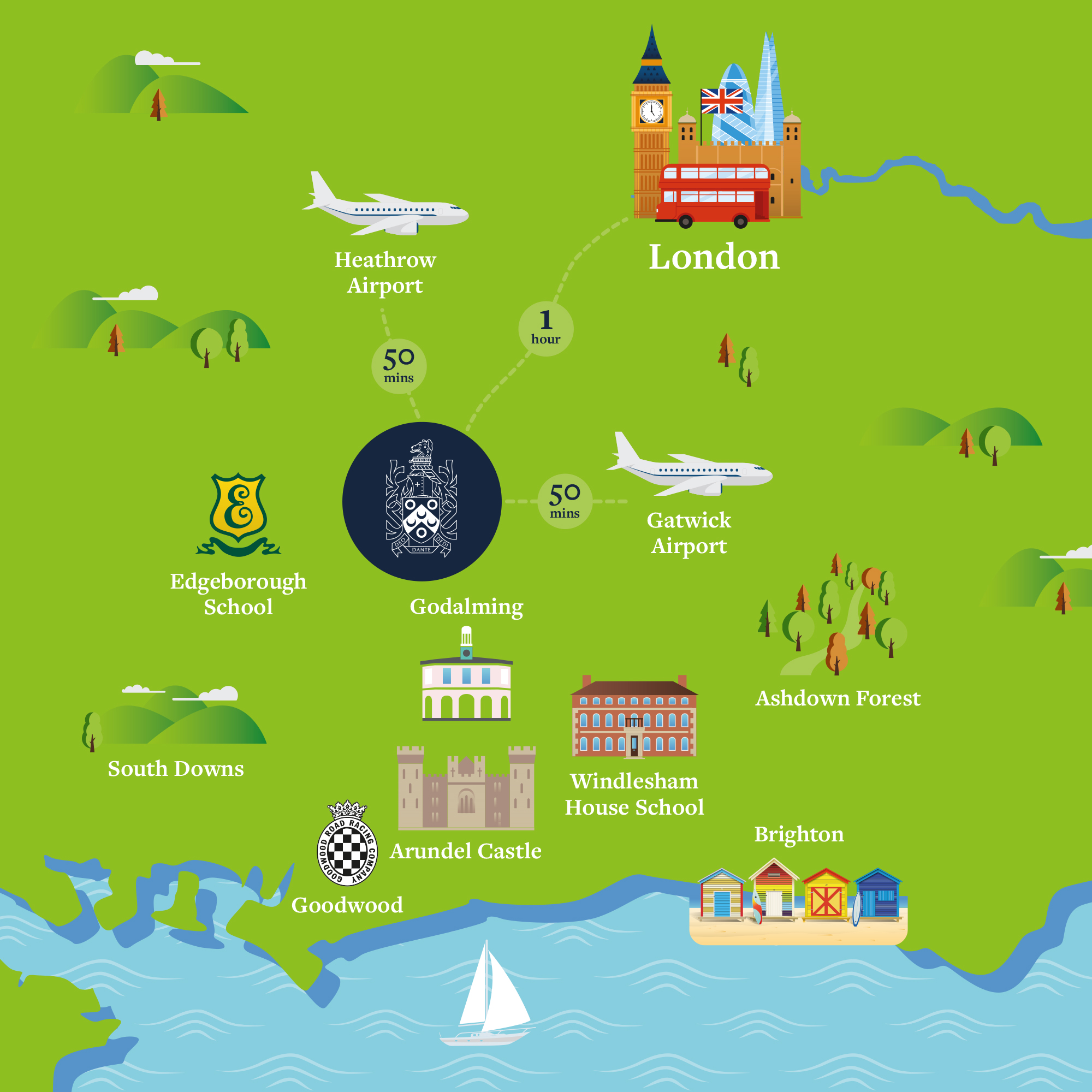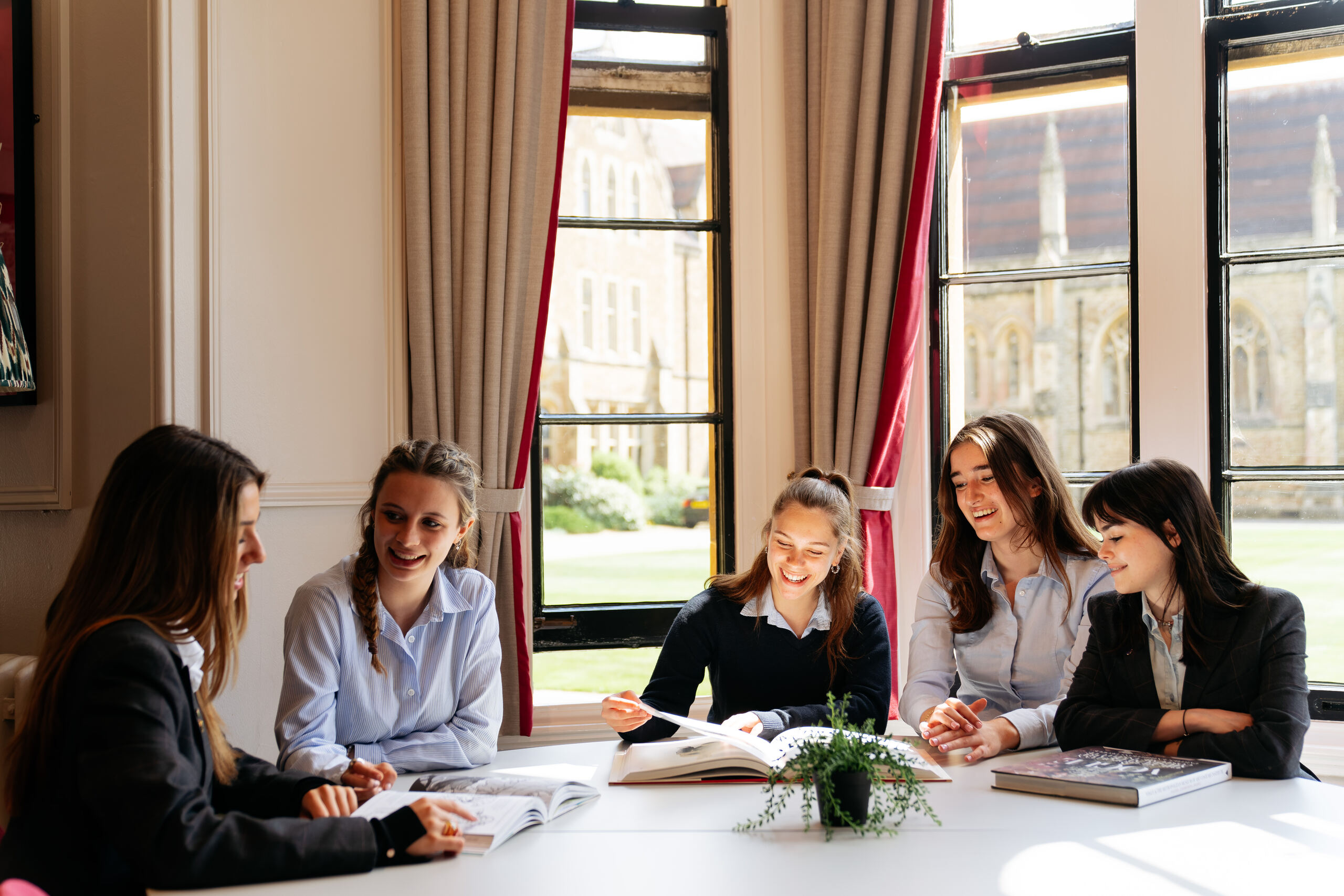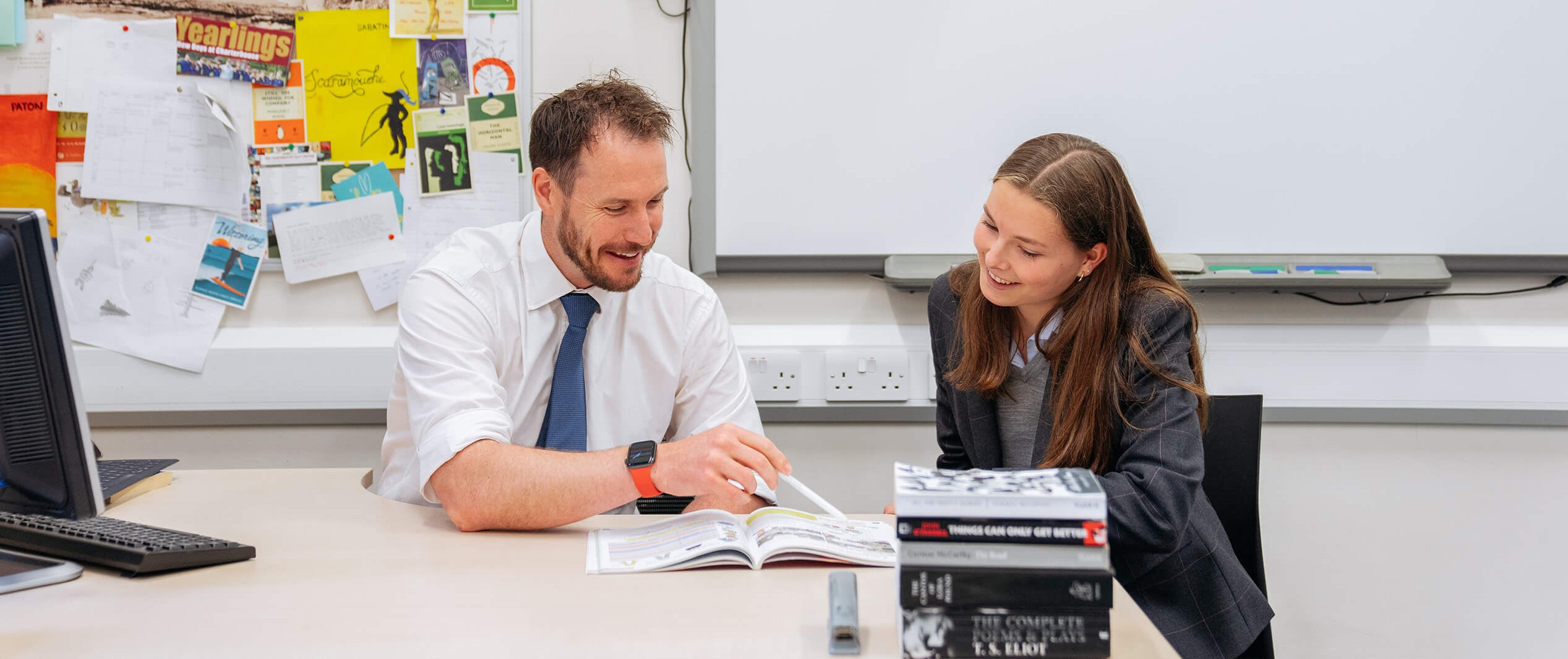Environmental Plans
As a modern and leading independent school, Charterhouse recognises the global imperative to prioritise environmental sustainability – both to preserve the Earth’s natural resources, wellbeing and beauty, and to ensure the long-term viability of human activity. Guided by its values of kindness, perseverance, open-mindedness, moral courage and responsibility, Charterhouse considers this issue a vital part of its future strategy.
Environmental Plans
Action Plan
Our pupil Sustainability Committee continues to take the lead on important initiatives – encouraging fewer deliveries to pupils, working towards the Eco-Schools Green Flag Award, and raising awareness across the School community about what happens to our waste.
We have also begun incorporating the purchase of carbon credits for overseas school trips. On behalf of School fee-payers, we purchase carbon credits to offset the emissions generated by flights. We are pleased that this approach not only supports our sustainability goals but also benefits wider communities. Our chosen partner is DelAgua, and we have been working closely with their Regional Director for East Africa, Euan McDougall (Charterhouse alumnus), who also spoke at our Climate Conference. DelAgua enables us to buy carbon credits in bulk annually at a rate of around £8 per tonne. You can calculate your own carbon footprint using the ICAO calculator.
We are expanding our monitoring of energy use by building, which has already led to savings through the identification of anomalies. From September, we will begin publishing energy usage and waste data by boarding house and other individual buildings, helping us to identify further opportunities for reduction.
For more detail on the School’s sustainability strategy, please see below. The initiatives and activities have been grouped under the ten areas of focus identified by the Eco-Schools Green Flag framework.
| Education |
|---|
| Stakeholder engagement is critical to success, as is the development of pupils who will become influential adults, able to influence environmental action across many spheres. The aim is to ensure they leave school well-informed, skilled and engaged in improving the environment. Environmental issues are learnt as part of the Fourth’s curriculum and are integral to numerous GCSE, IBDP and A-level courses, as well as the wider curriculum and co-curriculum. The pupil-led Sustainability Committee raises awareness and acts about environmental issues. It does this through major events and whole school activities, including involving people outside the School. |
| Water Usage |
| The aim is to review all water usage and reduce this usage through good water management. The school water system will be examined for leaks, which will be repaired, and limiting usage in teaching and boarding areas, by installing systems which are water efficient. The school is examining the option of a borehole for grounds use to minimise use of mains water and exploring the option of automatic irrigation of sports fields to ensure optimal use of water. |
| Biodiversity |
| The School is fortunate to have significant grounds with various grassed and wooded areas. It is planned to develop these areas to allow increased opportunities for a variety of habitats for both animals and plants. This will include managing the wooded areas as well as increased wilding areas. In addition, areas will be identified for the installation of stag beetle loggers and hedgehog hives. |
| Energy |
|
The School uses significant amounts of electricity and gas. Where possible, energy usage for different areas will be recorded and monthly usage rates will be published, comparing current usage with a similar period from the previous year. The aim will be to reduce consumption by turning off lights and electrical equipment when not in use, closing doors and windows to retain heat, and introducing energy efficient systems. The School will also investigate sustainable energy sources. |
| Global Citizenship |
| Being socially responsible is fundamental to the Charterhouse’s ethos. Understanding global social, ethical, economic and environmental issues is part of the school’s curriculum and wider co-curricular provision, including societies, pupil committees and chapel services. The School will seek to develop partnerships with other schools and organisations in developing countries with the aim of developing a mutual understanding of environmental challenges and opportunities to take action. In addition, where appropriate, the School will invest in ethical and environmentally sustainable products. |
| Healthy Living/Sustainable Diet |
|
It is important that our pupils and staff feel safe and healthy, both physically and mentally. Providing clear dietary information that allows pupils to eat healthily while understanding the environment effects will be important. The caterer will be a key stakeholder and engage with pupils and staff to inform the community about products. The aim will be to reduce the adverse effect on the environment by supportive local and sustainable farming and recycling in packaging. |
| Grounds |
| The School owns around 250 acres, including significant areas of trees and open grassland. These areas will be improved by active management of the woods and increasing the size of natural areas to allow the development of plants and wildlife. This will include planting additional trees and hedges where appropriate. |
| Transportation |
| The School is situated outside a major town and a significant number of pupils come from overseas. Therefore, most pupils travel significant distances to school during holidays. Options for reducing school trips or managing their impact on the environment will be investigated. While supporting a diverse community the school wishes to reduce its carbon footprint by reviewing its transport fleet and needs, introducing electric vehicles where appropriate. Whether possible a move to bicycles or electric vehicles will be encouraged. |
| Litter |
| It is important to increase awareness of the problems of litter and the need to tidy up. The School will ensure that that there are an appropriate number of bins around the grounds. It is particularly important to keep the woods clear of rubbish so that wildlife is not adversely affected. The staff and pupils should also play a responsible part in the local community by not littering. |
| Marine |
| The School is located close to the River Wey. The aim is to minimise pollution by reducing waste/discharges and improving conditions in and alongside the river and associated water sources, where possible. Key will be raising awareness of this issue amongst stakeholders and pupil action in clean-ups and learning about the waterways and ponds in and near the School. |
| Waste/Recycling |
| The School uses significant resources in terms of food, paper and equipment. Where possible, resource usage will be recorded and usage rates published to allow comparison with previous years. The aim is to reduce wastage. This will be achieved not only by using less but by reusing material where possible. Lastly, but equally importantly, the School will also recycle as much as possible, particularly paper, glass, cardboard and IT consumables. |

